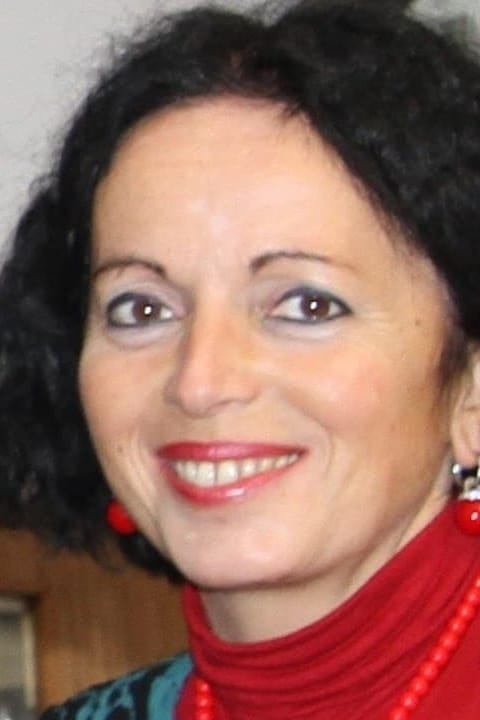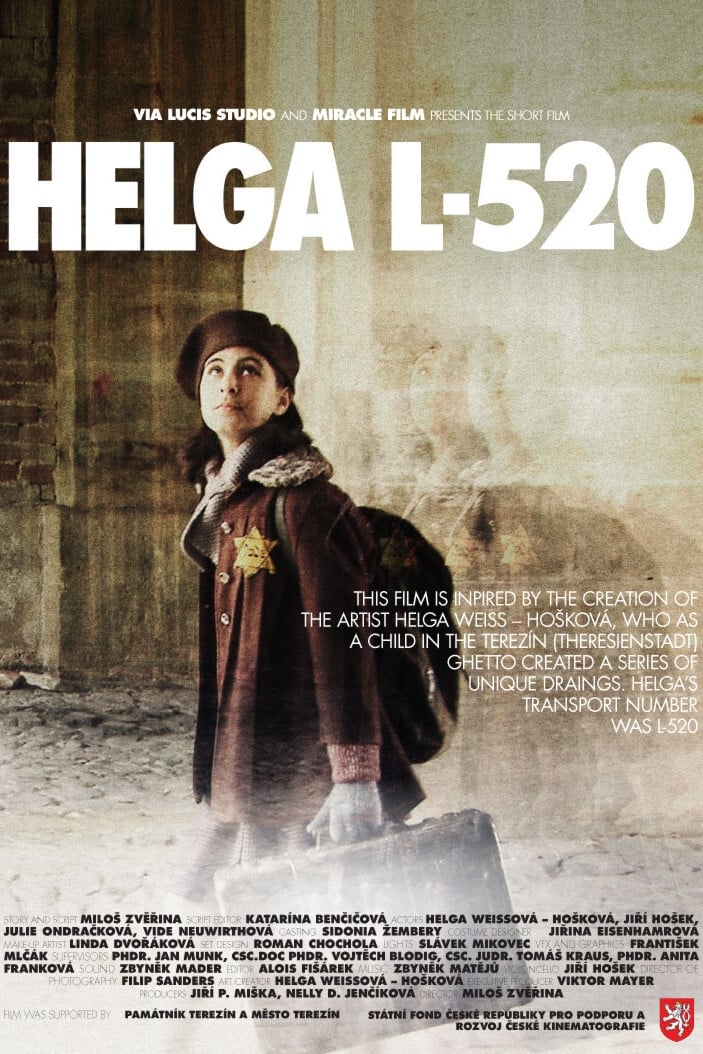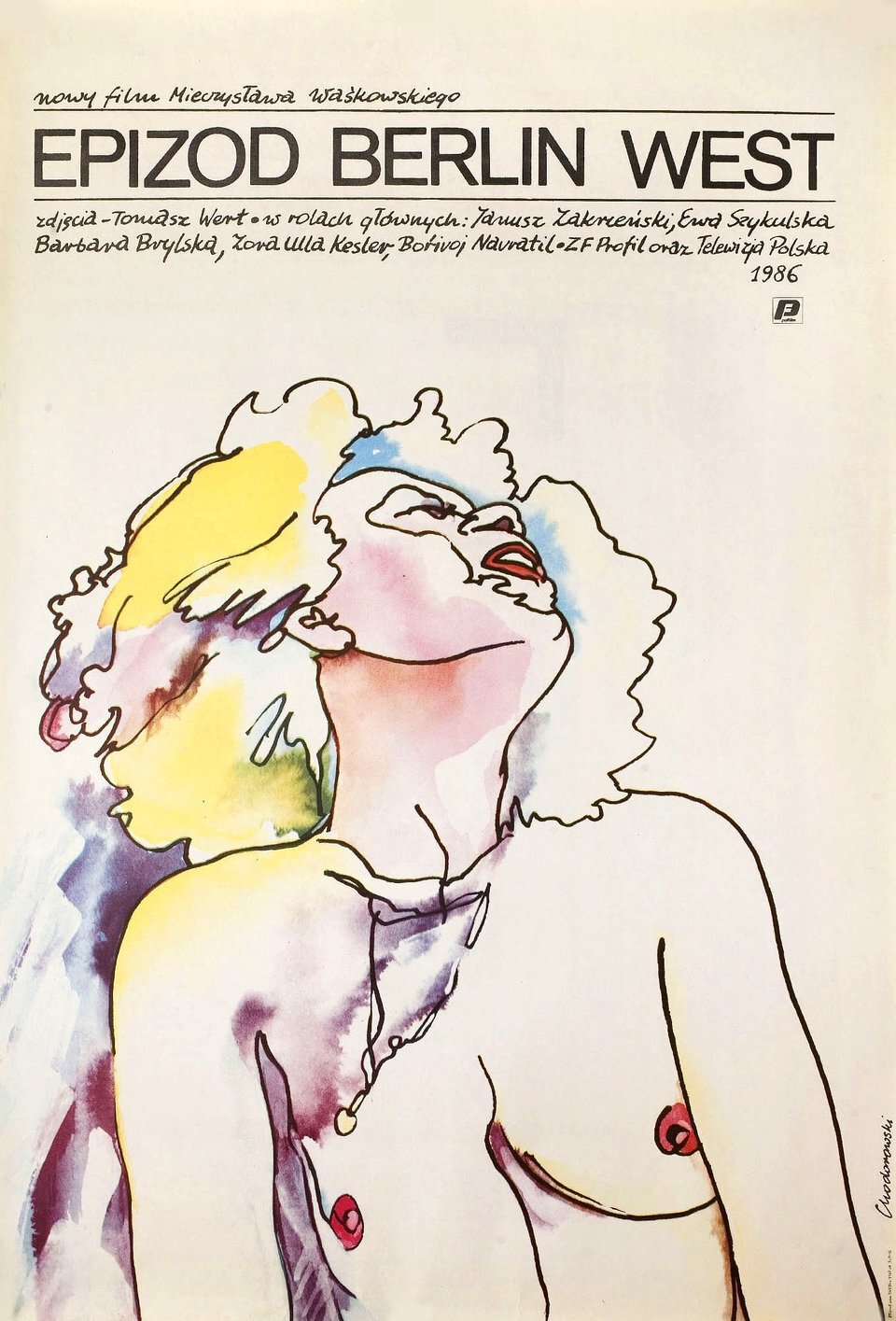


In 1930s Ukraine, the desecration of a sacred bath disrupts the sex lives of Jewish villagers.
Film makes the creative process visible by letting its narrative flow in the mind of a foreign director who is researching a film about Franz Kafka in Prague. Based on the principle of dreams and free association, segments unfold that deal with the various points of view that Kafka's work, personality and fate offer. In the labyrinth of his mind, the fictional director projects himself into situations from the author's life, with Kafka himself as his guide. At the same time, he delves into the history of the persecution of the Jews and glimpses the monstrosity of the bureaucratic apparatus that Kafka anticipated but could not have foreseen the monstrous size and function it would grow to a few years after his death in the institutionalized genocide and overall machinery of Nazism.



The 1980s. Jan Bard, Polish intellectual and writer, leaves for West Berlin. He is working on another novel here. In Germany, he meets his old love Iza. He revives the feeling that once connected them. The woman is the ex-wife of the publisher of Bard's novels. The situation gets complicated soon.

The movie's main storyline follows the life of Otík, a young man, in a tight-knit village community. The sweet-tempered Otík works as an assistant truck driver with Mr. Pávek, his older colleague and practical-minded neighbor. Pávek's family takes care of Otík, whose parents are dead. However, the two coworkers become at odds over Otík's inability to perform even the simplest tasks. Pávek demands that Otík be transferred to assist another driver, who happens to be a choleric and suspicious man named Turek (Turk in Czech). Rather than work with Turek, Otík decides to accept an offer of employment in Prague, but finds he does not fit in to the city life. After discovering that the transfer of Otík to Prague was a trick by a crooked politician to get a deal on Otík's large inherited house, Pávek agrees to give Otík a second chance and retrieves him from the city to resume their work together.
Vida Neuwirth, born Skalská, (* July 10, 1962 Teplice) is a Czech actress. Under the name maiden Bosan played the role of a princess in a fairy tale film: Three Veterans (1983). She was involved in the emergence of a Czech-German documentary about Jewish victims of the Second World War, which included members of her family, called "Rekviem" for those who survived. However, she has long been engaged in puppetry. Until 1999, she was a member of the Minor Theater in Prague, and directed in the Celetná Theater for the Kašpar Theater Association in 2001 and founded the Feigele Children's Theater in Prague's Jewish community since 1983. In addition, he is engaged in guided tours, which accompany tourists from the Jewish town of Prague or Terezín and occasionally moderate in the radio. For small readers she wrote books with rewritten biblical stories and Jewish legends. From Wikipedia (cs), the free encyclopedia
By browsing this website, you accept our cookies policy.